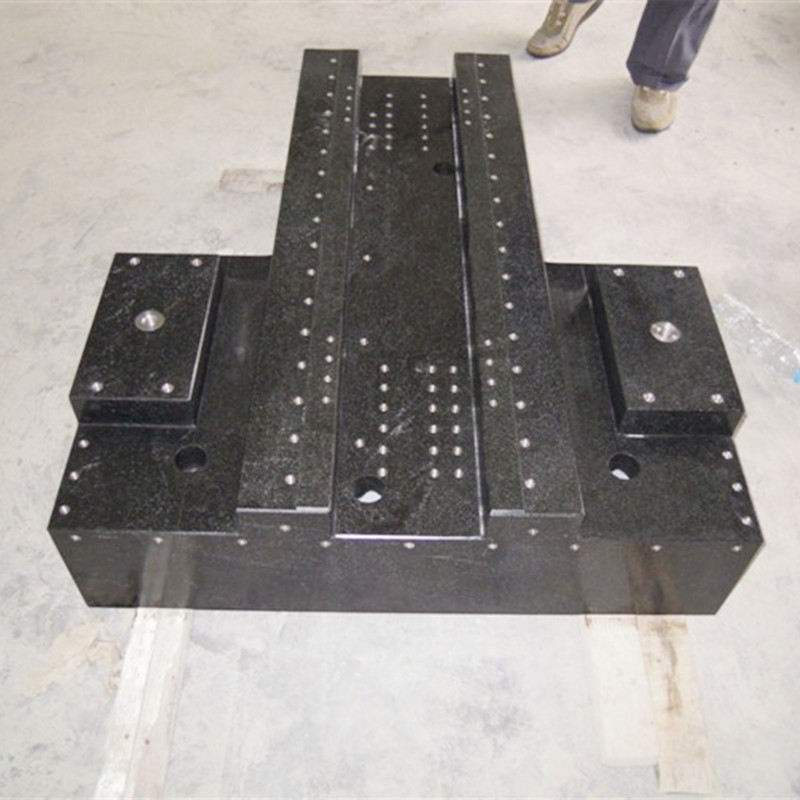Dùbh . 20, 2024 02:56 Back to list
Y-Type Cast Iron Strainer for Efficient Fluid Filtration and Flow Control
The Importance of Cast Iron Y-Type Strainers in Industrial Applications
In various industrial applications, maintaining the integrity and efficiency of fluid systems is crucial. One of the key components in achieving this goal is the use of strainers, particularly the cast iron Y-type strainer. This versatile device plays an essential role in protecting equipment by filtering out unwanted particles from fluids.
What is a Cast Iron Y-Type Strainer?
A cast iron Y-type strainer is a type of filter that is installed in pipelines to ensure that the flow of fluids remains free of debris and contaminants. The Y shape of the strainer is designed to allow for easy installation within existing piping systems while enabling efficient filtration. Cast iron is often the material of choice due to its durability, strength, and resistance to corrosion, making it highly suitable for industrial environments.
How Does It Work?
The operation of a Y-type strainer is straightforward. As fluid flows through the pipeline, it enters the strainer and passes through a mesh screen that captures solid particles. The filtered fluid then exits the strainer and continues its journey through the system. This process not only helps in prolonging the life of pumps, valves, and other critical components but also enhances overall operational efficiency.
The mesh screen can come in various sizes, allowing users to select the appropriate filtration level depending on the specific requirements of their application. Additionally, many Y-type strainers are equipped with a convenient blow-off valve. This feature enables users to clean the strainer without having to remove it from the pipeline, minimizing downtime and maintenance efforts.
Advantages of Cast Iron Y-Type Strainers
cast iron y type strainer

1. Durability Cast iron is known for its robust nature, making Y-type strainers built from this material highly resistant to wear and tear. They can withstand harsh conditions, including high pressures and abrasive materials.
2. Cost-Effective While the initial investment in a cast iron Y-type strainer might be higher than plastic alternatives, the long-term savings from decreased maintenance and replacement costs make it a cost-effective solution.
3. Versatility Y-type strainers can be used in various applications, including water, oil, gas, and other industrial liquids. Their adaptability makes them a preferred choice in sectors such as manufacturing, petrochemical, and municipal water treatment.
4. Ease of Maintenance The design of Y-type strainers allows for easy access for maintenance and cleaning. As mentioned earlier, with the integrated blow-off valve, operators can efficiently manage the strainer without extensive system shutdowns.
5. Prevention of Equipment Damage By filtering out harmful particulates, these strainers play a key role in preventing equipment damage, which can lead to costly repairs and downtime.
Conclusion
In summary, cast iron Y-type strainers are a vital component for ensuring the smooth operation of fluid systems in various industrial applications. Their durability, cost-effectiveness, and ease of maintenance make them an excellent investment for industries aiming to protect their systems and enhance operational efficiency. As industries continue to evolve and face new challenges, the importance of reliable filtration solutions like the cast iron Y-type strainer cannot be overstated. By incorporating these strainers into their operations, companies can safeguard their equipment, thereby ensuring greater productivity and reduced long-term costs.
-
Why Metric Trapezoidal Thread is Ideal for Precision Motion ControlNewsAug.05,2025
-
The Unique Properties of a Block of Granite for Industrial UseNewsAug.05,2025
-
The Role of Flanged Y Strainers in Preventing Pipeline ClogsNewsAug.05,2025
-
The Importance of Regular Calibration for Master Ring GagesNewsAug.05,2025
-
How a Cast Iron Surface Table Enhances Accuracy in ManufacturingNewsAug.05,2025
-
Comparing Different Check Valve Types for Optimal Flow ControlNewsAug.05,2025
Related PRODUCTS









